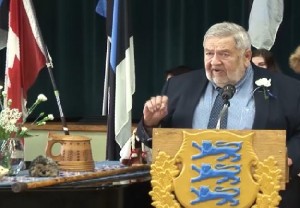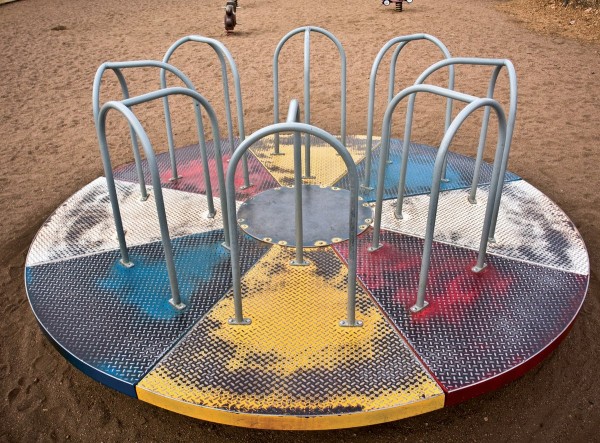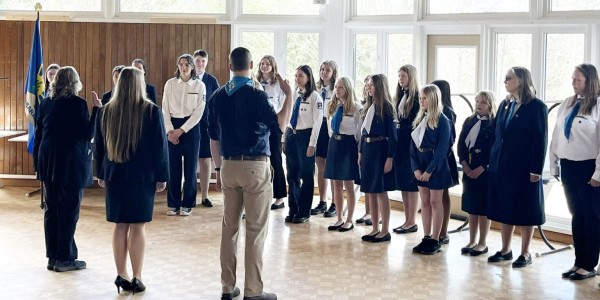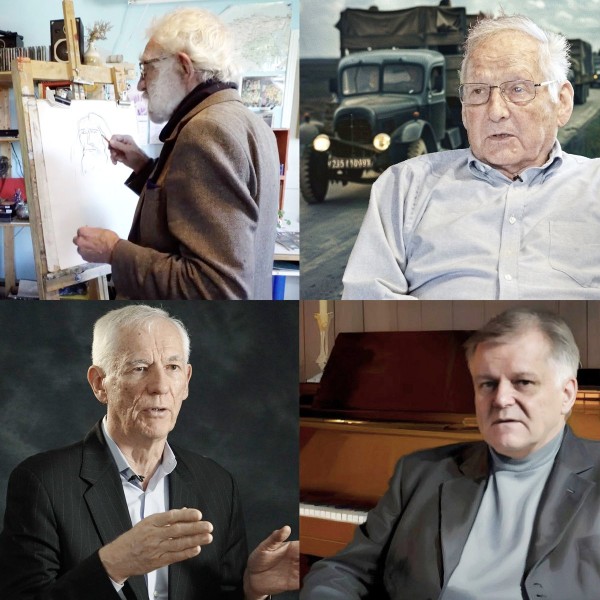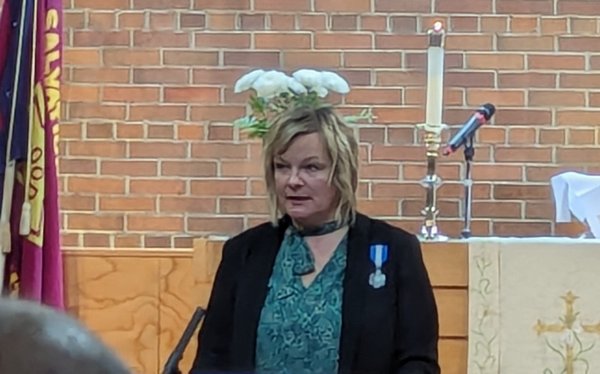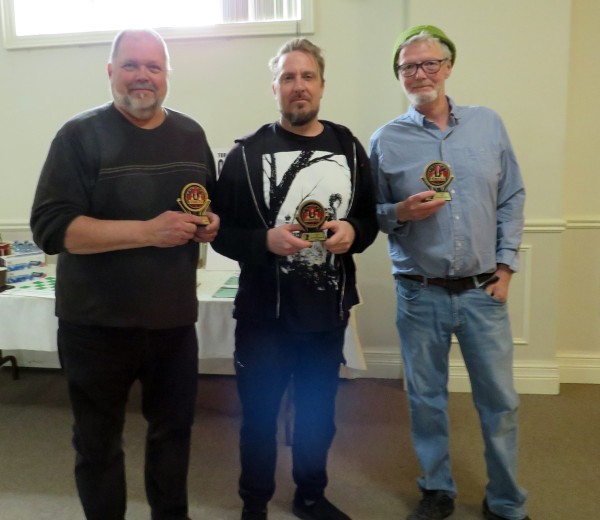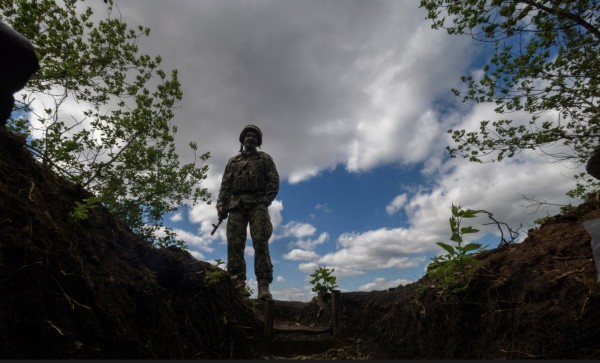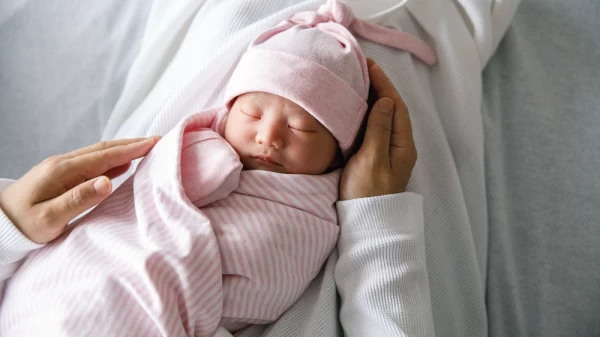It would seem implausible that an Estonian would have any role in the Russification of those living in the Russian-occupied Donbas area of Ukraine. But this particular Estonian is fully aware of the International Criminal Court’s arrest warrant in October 2022 for Russian President Vladimir Putin, in this instance, for the abduction of children from Ukraine, a war crime.
While world attention has been focussed on Russian military atrocities in Ukraine, an unseen war crime was committed in the Ukrainian territories held by Russia. For some time now Russia has been adopting Ukrainian children on a massive scale and bringing them up as Russians. Raising the children of war in another country and changing their ethnic identity is considered by many as genocide.
Investigations have specifically found that Russian officials have deported children into Russia or Russian-held territories, lied to them that they weren’t wanted by their parents and given them Russian citizenship.
Expected are other indictments, many of which are part of the Kremlin’s overt Russification program. This scheme is poorly disguised and its day-to-day application visible to all. Its effectiveness is monitored, in all likelihood, by Putin’s Chief-of-Staff, Anton Vaino, the grandson of the overseer of the Russification plan for occupied Estonia, Karl Vaino.
The Statute of the (ICC) provides precise definitions of crimes against humanity and war crimes. Anton Vaino, who has studied international relations must know, that among many other inhuman acts, population transfer is recognized as a crime. While this is part of the Kremlin’s Donbas activities, other measures are augmenting the Russification efforts.
The acquisition of Russian citizenship in the Donbas area has been practically compulsory for a number of years. Some one million Russian passports have been distributed on Russian-occupied Ukrainian territory since 2019. In fact, residents of Kherson Oblast’s Russian-held territory have been threatened with deportation if they didn’t accept Russian citizenship by June 1, 2023.
Russian law prohibits adopting foreign children without the consent of the home country. However, Putin has signed a decree making it easier for Russians to adopt and give citizenship. It offers summer camps replete with ‘patriotic education’. The re-education is of Russian culture and history, with the Ukrainian news and language forbidden for children. They undergo ‘psychological rehabilitation’. As of mid-April, over 19,000 had been deported while the fate of many thousands is unclear. Russia of course portrays its adoption policy as an act of humanity and generosity.
In 2016 Putin appointed Anton Eduardovich Vaino as his Chief of Staff. Born in 1972, Vaino was previously a member of the Russian Tokyo embassy staff, the Asian section of the Foreign Ministry and since 2002 in various managerial positions within the President’s and Prime Minister’s administrations.
In 2022 he was named in the sanctions list of both European Union as well as the US. The charges: For “actively supporting and implementing actions and policies that undermine and threaten the territorial integrity, sovereignty and independence of Ukraine as well the stability or security in Ukraine”. While this does not directly indict him for Russification, he certainly is a major enabler of the policy.
Many would say that Karl Vaino, Anton’s grandfather, has passed on the Russification legacy to his progeny. He was certainly at the vanguard of enforcing the program in Estonia.
Karl Genrikhovich Vaino (aka Kirill Voinov) was born in Russia in 1923, and was the First Secretary of the Estonian Communist Party from 1978 to 1988, making him the direct vassal of Moscow and the most powerful official in Estonia. He was unpopular amongst Estonians, spoke with a thick accent and thereby known as an ‘Yestonian’.
(The late Juhan Peegel, professor of journalism, recounted how Karl Vaino was warned by the KGB not to do a direct, unedited and uncensored TV broadcast of his visit to a collective farm. Vaino took the risk, thinking the unfriendly Estonian TV audience would be impressed by its spontaneity. Vaino, in broken Estonian asks a tractor driver: “You tractorist how long?” “Yes, 10 years here and 15 years in Siberia.” So much for non-prompting.)
He was recognized as a hard-line Russification enforcer. With a disdainful approach to the Estonian language and culture, his speeches in public were in Russian. In 1979 a failed attempt was made to kill him.
The public reaction to Russification was the most vehemently expressed through impromptu demonstrations of youth in 1980. An open plea to the Central Committee, known as the “40 -letter”, was signed by 40 prominent Estonians, including some Communist Party members, and received worldwide attention.
(Side-bar: The English version of the letter was reprinted by The Estonian Central Council in Canada and distributed widely. Several hundred, on display as takeaways at a 1982 University of Toronto conference, were confiscated by members of an Estonian ultra-right group who were identified. Make any sense???)
Russification, as practiced for centuries by Moscow, is the forced ethnic assimilation of minorities within the Russian Empire. A ‘united Russia’, where everyone self-identifies as Russian, has been the ultimate goal.
Karl Genrikhovich, who implemented the Russification initiative in Estonia, was not held criminally accountable since he left for Moscow in 1988 and never returned. The culpability of his grandson Anton Eduardovich and his Kremlin colleagues, has internationally acknowledgement for a wide range of war crimes. Will the grandson, like his grandfather, escape also any liability?
Laas Leivat

Laas Leivat: Russification, a legacy from an Estonian grandfather to grandson
Eestlased Kanadas | 30 Jun 2023 | Eesti Elu
Eestlased Kanadas
TRENDING






